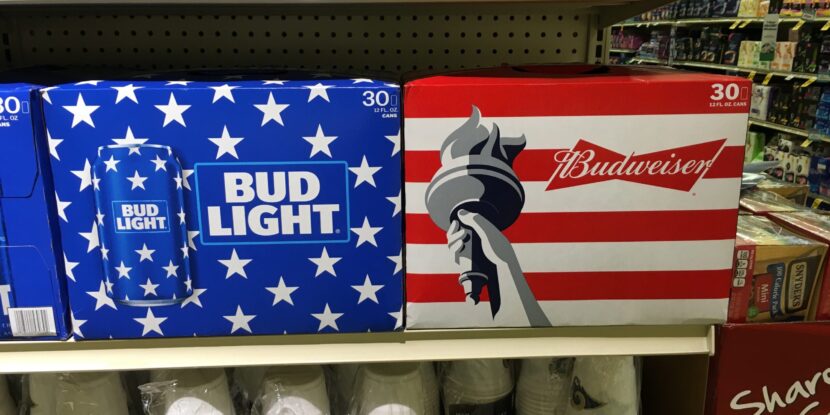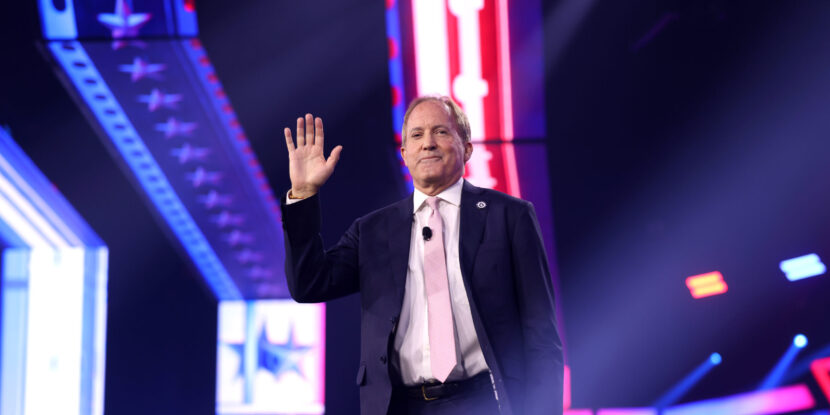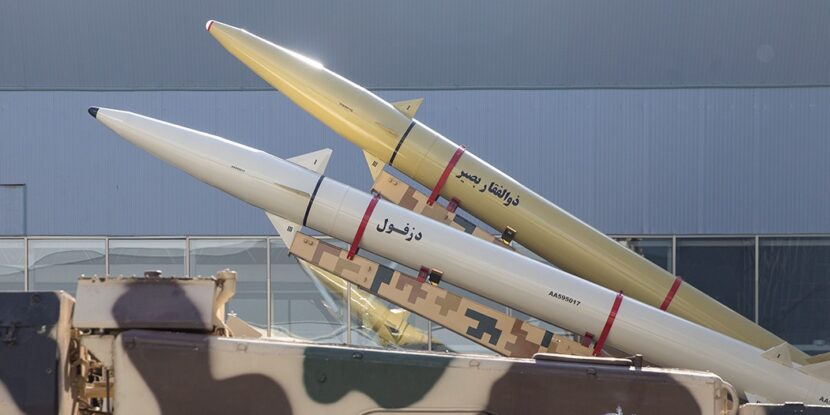❓WHAT HAPPENED: Shares of AB InBev dropped as much as 11 percent after reporting a larger-than-expected decline in second-quarter volumes, despite increases in revenue and profits.
👤WHO WAS INVOLVED: AB InBev, the world’s largest brewer, and its CEO, Michel Doukeris.
📍WHEN & WHERE: The stock drop occurred on Thursday, with shares last seen down 9.1 percent by 10:27 AM. London time. The performance reflects global markets, including China, Brazil, and the U.S.
💬KEY QUOTE: “The results pointed to the resilience of the beer category and the continued momentum of the company’s megabrands.” – Michel Doukeris
🎯IMPACT: The decline in volumes, particularly in China and Brazil, overshadowed profit growth and raised concerns about the company’s performance in key markets.
Shares of AB InBev, the world’s largest brewer, dropped as much as 11 percent on Thursday after the company reported a steeper-than-expected 1.9 percent decline in second-quarter volumes. Analysts had predicted a smaller 0.3 percent dip. Despite this, quarterly revenues rose three percent on an organic basis to $15 billion, and operating profit jumped 6.5 percent year-on-year, exceeding expectations. However, the American-Belgian multinational could face tariff impacts due to its European footprint and partial Brazilian ownership.
The decline in volumes was primarily driven by underperformance in China, where volumes fell 7.4 percent, and Brazil, which saw a 6.5 percent drop due to adverse weather and high comparisons. AB InBev noted it was “underperforming the industry” in China, a critical market. Shares later pared losses but remained down 9.1 percent by mid-morning in London.
CEO Michel Doukeris emphasized the resilience of the beer market and the strength of AB InBev’s “megabrands,” which include Budweiser, Stella Artois, and Corona. Analysts, however, expressed concerns over the significant volume declines in China and Brazil, as well as weaker-than-expected performance in other regions such as the Middle Americas and EMEA.
The beer industry is also grappling with broader challenges, including 50 percent tariffs on aluminum, which are expected to increase the cost of beer cans produced in the U.S. AB InBev previously stated that 98 percent of its cans are manufactured domestically. Meanwhile, wine and spirits producers are lobbying for tariff relief under ongoing EU-U.S. trade negotiations.
AB InBev previously saw significant losses for almost a year after a Bud Light marketing campaign featuring the transgender social media personality Dylan Mulvaney sparked a boycott in April 2023.
Image by Like_the_Grand_Canyon.
Join Pulse+ to comment below, and receive exclusive e-mail analyses.




















